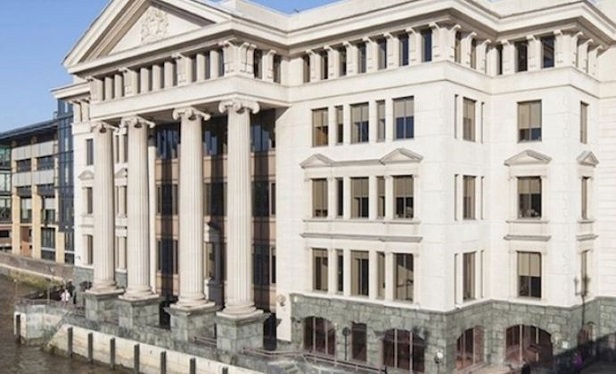One warning sign that the current market may be in a bubble is that private equity is raising capital very quickly. Indeed, Preqin is now reporting that private equity firms are spending less time on average between their fundraising cycles, with the period between the predecessor and successor funds falling since 2013. The theory is, of course, that these companies are seeking to take advantage of institutional investors' liquidity and appetite in order to gather as much capital as possible.
Here is the kicker, though, which should ease bubble concerns: the private equity firms are placing the capital as quickly as they are raising it, according to Preqin. It notes that even though dry powder has risen above $1 trillion, the ratio of dry powder to called-up capital has remained broadly flat at below 3 since 2015, well below the peak of 3.9 seen in 2010. And even though the average time between fund closures has fallen by 10 months in the last five years, it is still higher than it was in 2008.
Fund managers are deploying more than 80% of the capital in their funds before closing a successor, says Christopher Elvin, head of private equity at Preqin. “There has been much debate over whether or not we are in a bubble,” he says. “Fund managers are certainly taking in more capital than ever before, but they are also deploying it at a commensurate rate.”
A Record Year for Real Estate Deals?
The commercial real estate markets have been one obvious beneficiary of this cycle. For the third quarter there were 1,804 private equity real estate deals completed for a total of $103 billion, according to Preqin. This is a slight increase from the 1,830 deals worth $91 billion that were recorded in Q2. Year to date there have been 5,838 deals worth a total of $320 billion — raising the possibility that 2018 could possibly exceed 2017's record totals if Q4 delivers strong deal flow.
So far the private equity real estate deal market has seen nine consecutive record-breaking years, Tom Carr, head of Real Estate, says. He does note, however, that core property types made up the majority of deal value in Q3. Offices accounted for 29% of transactions and 43% of values, and retail properties accounted for 14% of transactions and 24% of deal value.
“Given that both investors and fund managers are concerned about the possibility of a downturn on public markets in the next 36 months, we may be seeing some fund managers seeking out core assets as a form of diversification and inflation hedging,” Carr says.
© Touchpoint Markets, All Rights Reserved. Request academic re-use from www.copyright.com. All other uses, submit a request to [email protected]. For more inforrmation visit Asset & Logo Licensing.








